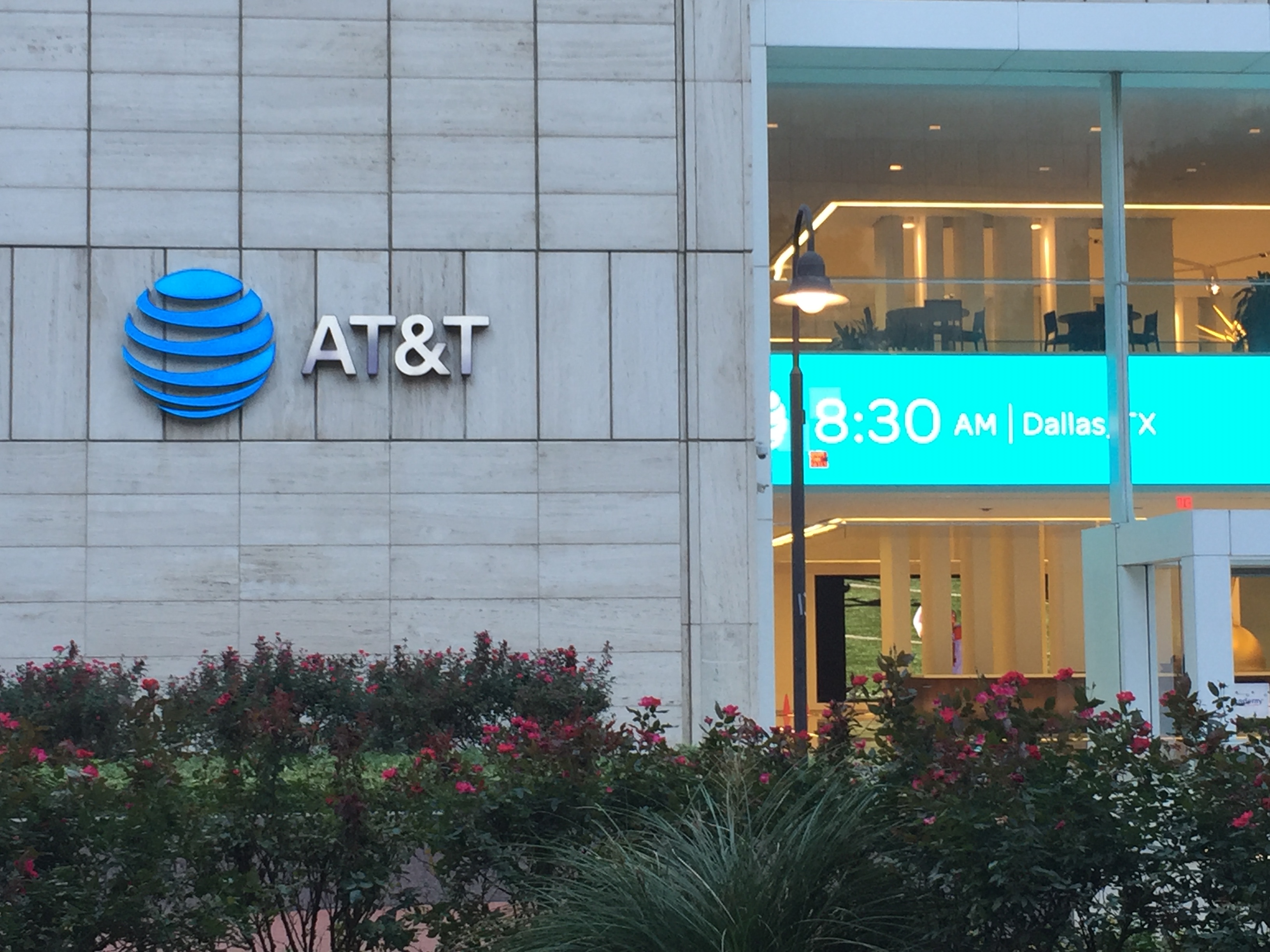On Tuesday, Charles Schwab learned of a potential case of novel coronavirus at its massive new campus in Westlake. The company said Wednesday that it was “awaiting the confirmation of formal test results.” In the meantime, it had sought out individuals who had direct contact with the employee and advised those employees to self-quarantine. The company closed off “the areas used by the individual and teams in close proximity” and conducted an “enhanced cleaning” of all areas the person might’ve used.
As it turned out, the company says now, it was a false alarm:
We were informed that an employee in Westlake had tested positive for COVID-19. Firm leadership worked overnight to ensure safety measures were put in place – including deep cleaning of areas involved – and that local staff were made aware of the situation before the next work day began. Schwab learned later that the employee in fact did not have a COVID-19 diagnosis. This employee has been seen by a doctor and has been diagnosed with another condition. We sincerely regret that the initial information we received turned out to be incorrect. But we were acting in an abundance of caution, and in a case as important as this, we would rather be safe than silent.
Regardless of the eventual outcome, the scare underscores just how tenuous the coronavirus situation is right now for employers, and even more so for those who house hundreds or thousands of people under one roof. Some of Dallas’ largest corporations, which the business community often takes its cues, have started to make moves. We’re going to take a look at how they’re handling COVID-19. (For its part, Schwab declined to go into specifics but says it has altered its work-from-home policies.)
While I asked around on Thursday and Friday, there were an array of answers with only a vague common denominator: the situation is fluid, and companies could take more drastic measures as things happen. So far, a few have already strongly urged employees to work from home if possible or offered extra paid leave where it wouldn’t have otherwise been granted. (I’ll go ahead and note here that I write this sentence from my very own, disconcertingly rickety desk chair; D is skipping office life for at least a couple weeks.)
On Wednesday, Sanjiv Yajnik, who heads Capital One’s Plano-based Financial Services Division, sent a note to employees saying that all who have the capability of working at home should do so. The company has also cancelled many internal events and stopped “non-essential” business travel.
That workforce will soon benefit from some broader company initiatives, as well. In his own note to the workforce, Capital One CEO Rich Fairbank said he will be announcing “increased paid leave and more flexible attendance policies” shortly.
That sounds a lot like steps taken by some of the country’s largest companies. Dallas-based hourly employees of Walmart, for instance, have been granted paid time off over COVID-19 concerns. And it looks like the Dallas Mavericks will join in, as well. In his press conference following Wednesday’s game, the last before the NBA went on indefinite hiatus, Mark Cuban told reporters he’s exploring a program that will allow the team’s hourly staff to continue earning while the league’s away, possibly in exchange for volunteer work.
“I reached out … to find out what it would cost to financially support people who aren’t going to be able to come to work.”
–Mark Cuban on his plan for Mavericks employees during the NBA suspension pic.twitter.com/McOl1vHUqO
— ESPN (@espn) March 12, 2020
AT&T has offered paid time off up to 80 hours for employees who work in job functions that cannot be performed at home and who may be considered a higher risk for COVID-19. The company is also offering paid time off to employees dealing with kids who have school or daycare closures. The company is encouraging employees to work remotely in some of the most affected areas of the country, including Seattle and parts of California and New York. That directive does not extend to its Dallas headquarters.
Others have been more hesitant to institute sweeping changes. Toyota says it has restricted international business travel to only that which is business-critical, but that “there is no impact to our operations in the U.S. at this time.”
“We will continue to closely monitor the situation,” a spokesperson said in a statement on Thursday.
With both Dallas County and the city of Dallas declaring a state of emergency on Thursday night, it’s possible all those companies could bring about more policies down the line.
If you work at a Dallas-Fort Worth company doing something interesting to lessen the spread, drop me an email and tell me about it. I’ll update this or write something new if and when there’s more to add.





